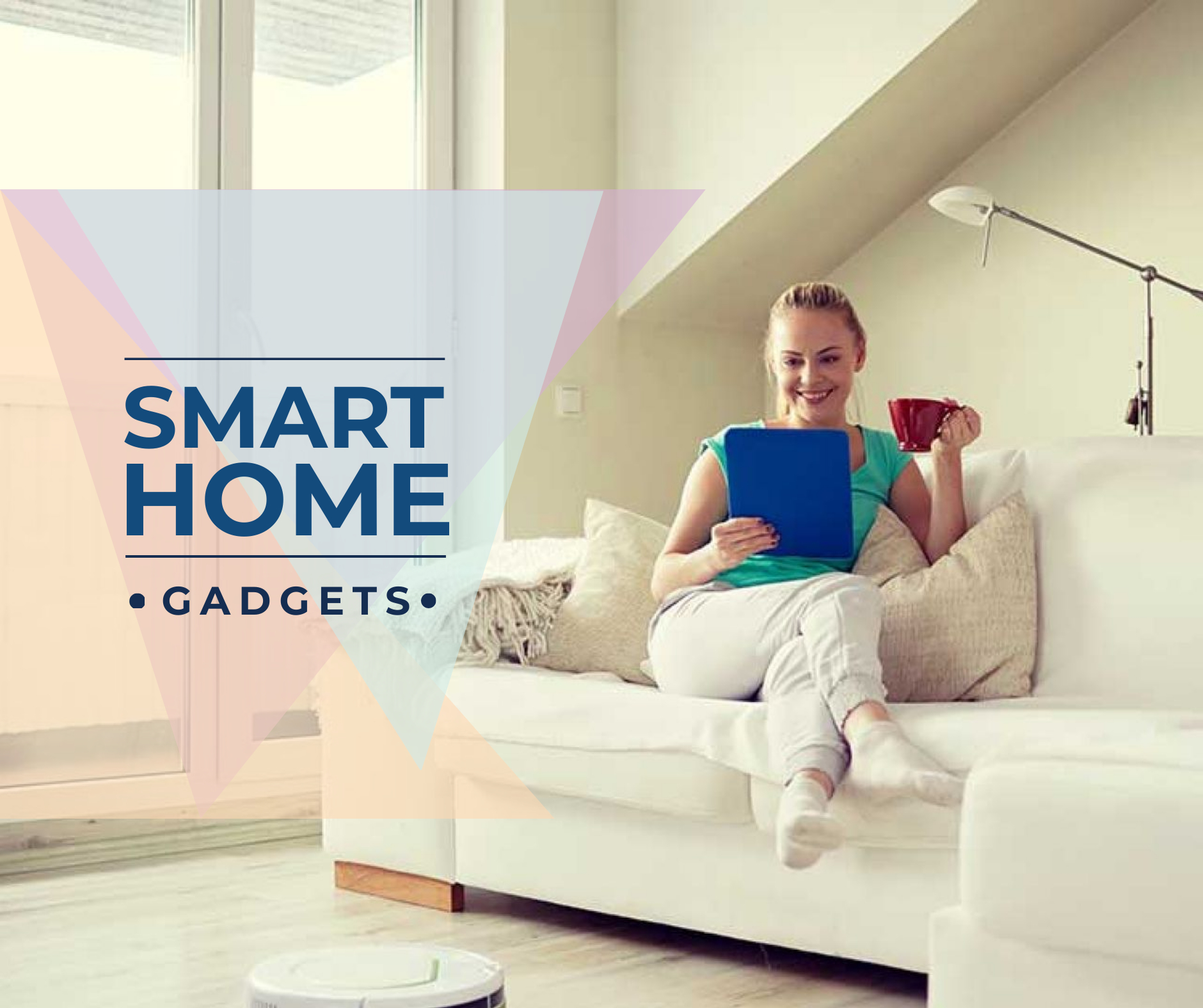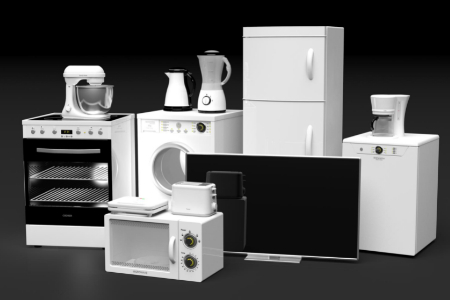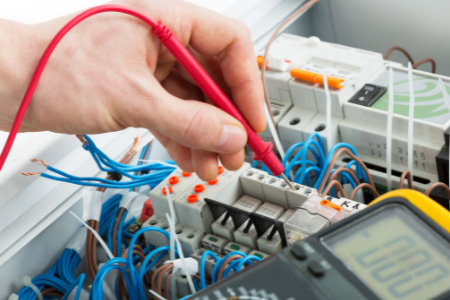In recent years, the concept of a smart home has gained significant traction, promising to revolutionize the way we live. With advancements in technology and the increasing connectivity of devices, smart home technologies have become more accessible and affordable than ever before. These innovative solutions offer a range of benefits, from enhancing convenience and comfort to improving energy efficiency and home security. In this article, we will explore some of the most exciting smart home technologies that are shaping modern living.
-
Voice-Activated Assistants: Voice-activated assistants, such as Amazon's Alexa, Google Assistant, or Apple's Siri, have become ubiquitous in many households. These virtual assistants use natural language processing and artificial intelligence to respond to voice commands, enabling homeowners to control various aspects of their smart homes effortlessly. From adjusting the thermostat and playing music to setting reminders and ordering groceries, voice-activated assistants streamline daily tasks and make the home environment more interactive.
-
Home Automation Systems: Home automation systems provide centralized control over various devices and appliances within the home. These systems typically involve a central hub that connects wirelessly to different smart devices, allowing homeowners to monitor and manage them remotely. With a home automation system, you can automate lighting, HVAC systems, door locks, security cameras, and more. This technology enables users to create personalized routines, schedule events, and even set up conditional actions based on specific triggers.
-
Energy Management: Smart home technologies offer innovative solutions for optimizing energy consumption and promoting sustainability. For example, smart thermostats enable homeowners to control heating and cooling remotely, learn their temperature preferences, and adjust settings automatically based on occupancy patterns. Smart lighting systems can adjust brightness and color temperature according to natural light levels and user preferences, saving energy and enhancing comfort. Additionally, energy monitoring devices provide real-time feedback on energy consumption, helping homeowners identify energy-hungry appliances and make more informed choices.
-
Home Security: Security is a top concern for homeowners, and smart home technologies have greatly enhanced residential security systems. Smart locks eliminate the need for physical keys and allow homeowners to grant or revoke access remotely, enhancing convenience and control. Video doorbells with built-in cameras and motion sensors provide live video feeds and instant notifications when someone approaches the door, improving surveillance and deterring potential intruders. Furthermore, smart security systems can integrate with other devices, such as smoke detectors and flood sensors, providing comprehensive protection and peace of mind.
-
Environmental Monitoring: Smart home technologies can also monitor environmental conditions within the home, ensuring optimal comfort and safety. For instance, smart air quality monitors can detect pollutants, allergens, and humidity levels, providing insights and suggestions for improvement. This information can help homeowners take appropriate measures to maintain a healthy indoor environment. Similarly, smart water leak detectors can identify leaks and send alerts, minimizing the risk of water damage and saving valuable resources.
-
Entertainment and Media: Smart home technologies have transformed the way we enjoy entertainment and media at home. With smart TVs, streaming devices, and audio systems, homeowners can access a wide range of content from various sources, all integrated into a seamless experience. Voice control enables easy navigation and content selection, and personalized recommendations enhance the entertainment experience. Integration with smart lighting systems can also create immersive environments by synchronizing lighting effects with movies or music.
-
Health and Wellness: Smart home technologies are increasingly focused on promoting health and wellness within the home. For example, smart beds and mattresses can monitor sleep patterns, adjust firmness, and provide personalized recommendations for improving sleep quality. Smart appliances, such as refrigerators, can track food expiration dates and provide meal suggestions based on the ingredients available. Additionally, connected fitness devices and wearables can seamlessly integrate with smart home systems, enabling users to track their workouts and access personalized fitness programs.
As smart home technologies continue to advance, the possibilities for modern living become even more exciting. From voice-activated assistants to energy management systems, these innovations offer convenience, comfort, security, and sustainability. However, it is crucial to consider privacy and security implications when adopting smart home technologies. Homeowners should be aware of data collection practices, implement strong security measures, and regularly update their devices to ensure a safe and secure smart home environment.
In conclusion, innovative smart home technologies have the potential to transform the way we live, offering numerous benefits for modern homeowners. By integrating these technologies into our homes, we can enhance convenience, comfort, energy efficiency, security, and overall well-being. As technology continues to evolve, smart homes will likely become even more intelligent, adaptive, and personalized, enabling us to lead more connected and efficient lives.





